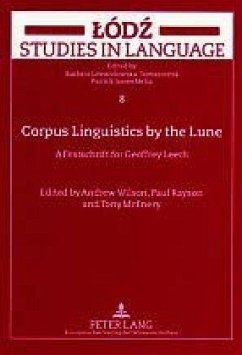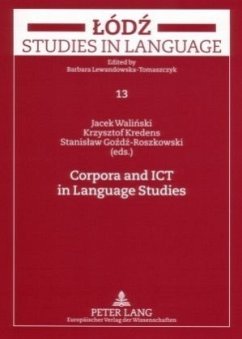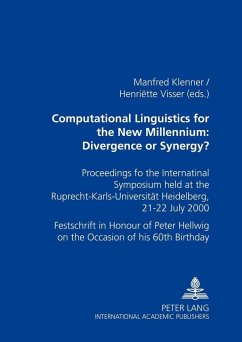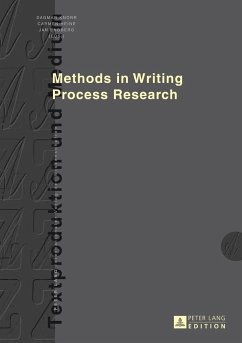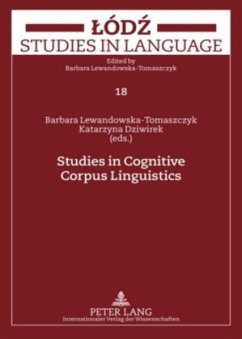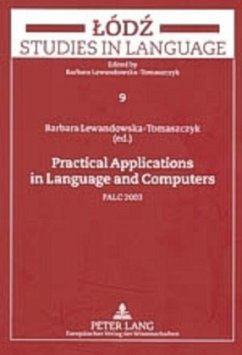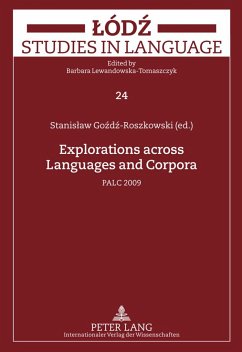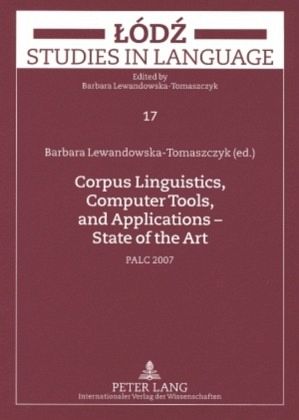
Corpus Linguistics, Computer Tools, and Applications - State of the Art
PALC 2007
Herausgegeben: Lewandowska-Tomaszczyk, Barbara
Versandkostenfrei!
Versandfertig in 6-10 Tagen
164,85 €
inkl. MwSt.

PAYBACK Punkte
0 °P sammeln!
Contents: Barbara Lewandowska-Tomaszczyk: PALC 2007: Where are we now? - Paul Rayson/Dawn Archer/Alistair Baron/Nicholas Smith: Travelling through time with corpus annotation software - Eugene H. Casad: Parsing texts and compiling a dictionary with shoebox - Belinda Maia/Rui Silva/Anabela Barreiro/Cecília Fróis: 'N-grams in search of theories' - Piotr Pezik/Jung-jae Kim/Dietrich Rebholz-Schuhmann: MedEvi - A permuted concordancer for the biomedical domain - Patrick Hanks: Why the «word sense disambiguation problem» can't be solved, and what should be done instead - Rafal





